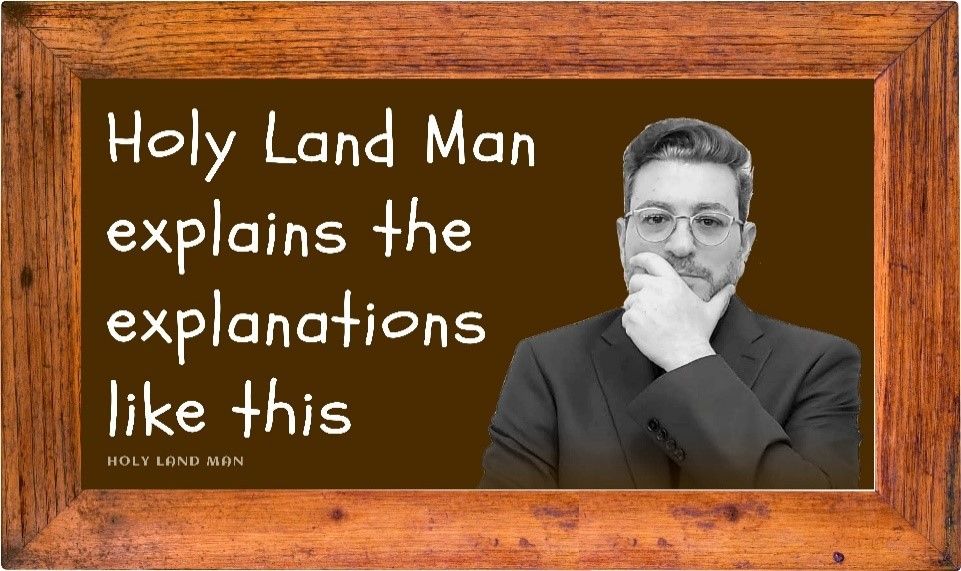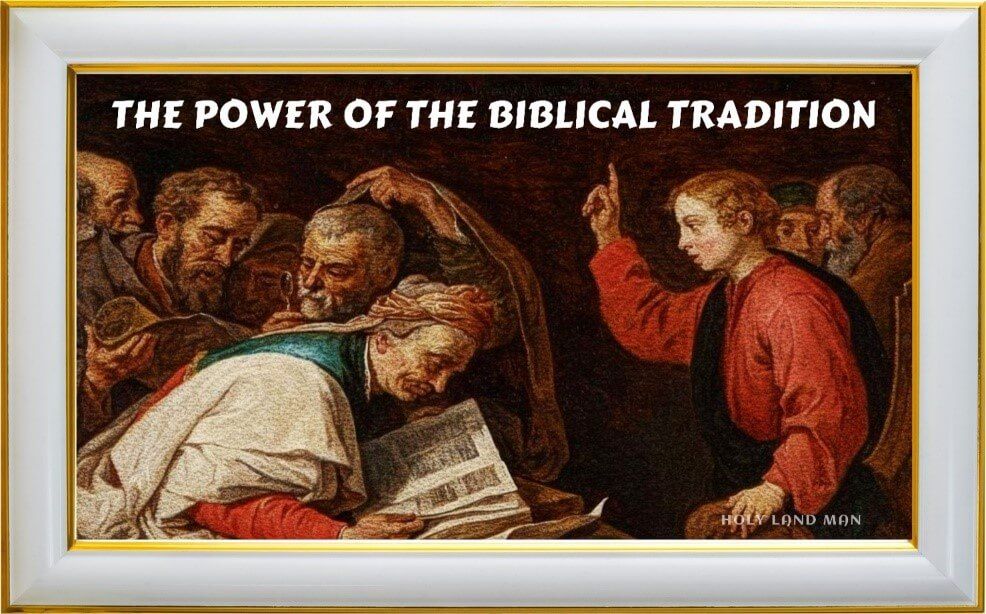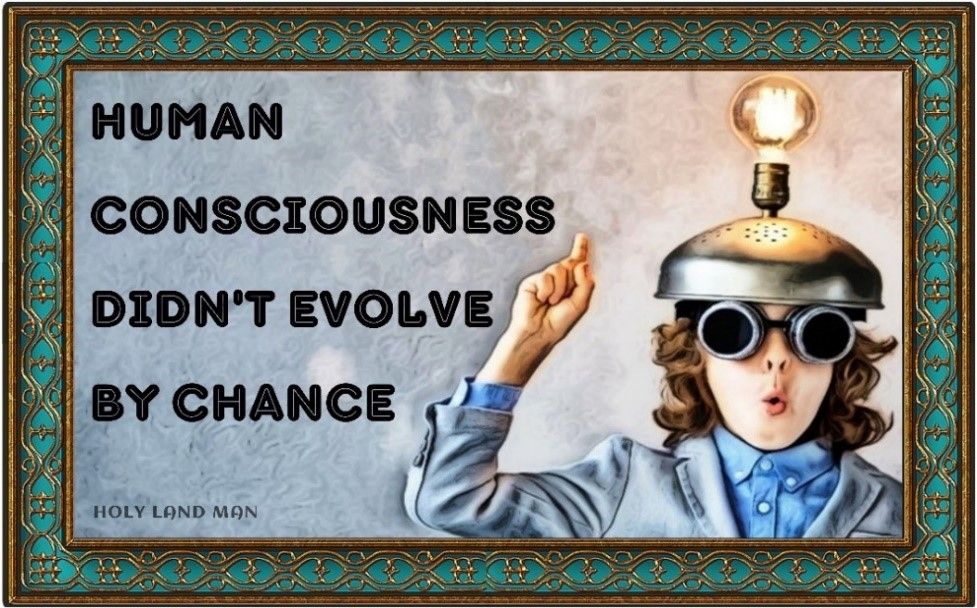Let’s review a summary of what has been described and highlighted thus far. First, we have seen that the relation to tradition should be similar to the relation to our other cognitive tools when the mind and senses, that is, a relation of basic trust, which accepts it as the default, which seeks to challenge the burden of proof that is on it. This is because tradition expresses the national memory and trust we have in our Biblical ancestors, and questioning these tools for no justifiable reason will impair our ability to acquire any information about the past.
In addition, we have seen that there is no reason to deny in advance traditions that describe supernatural events, such as miracles, and that denying the possibility of their existence is not rational but stems from an attitude of arrogance and prejudice.
We then examined the characteristics of the Jewish tradition, which make it very difficult to invent and convince an entire people if these events did not really happen: it is a founding national event (which is supposed to leave a memory), which took place before many masses of people, and for a long time and is an exception in many respects from the stories accepted at the time.
These characteristics make the Jewish tradition so unique that it is difficult to find anything similar to it in other peoples, which reinforces the claim that this is not an invention but a credible testimony of the events as they occurred historically in the past.










